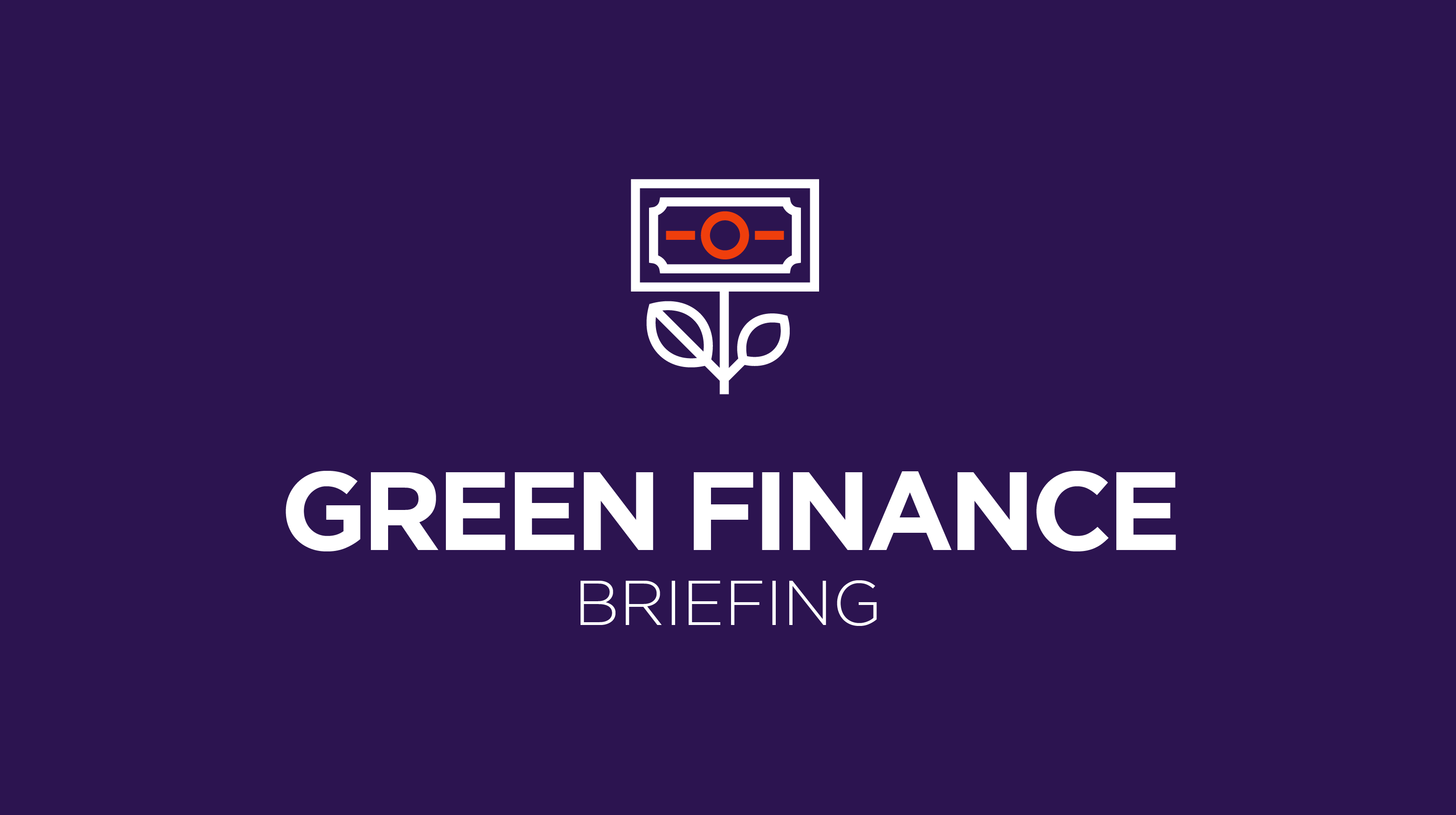Green Finance
Green Finance Briefing: When it comes to net zero, actions are yet to speak louder than words
- Europe has been leading the way in terms of climate change policy, but banks there are also struggling with the transition to net zero.
- As pressures mount on the financial system, more banks will need to quantify their Scope 3 emissions and look under the hood of what they're financing.








